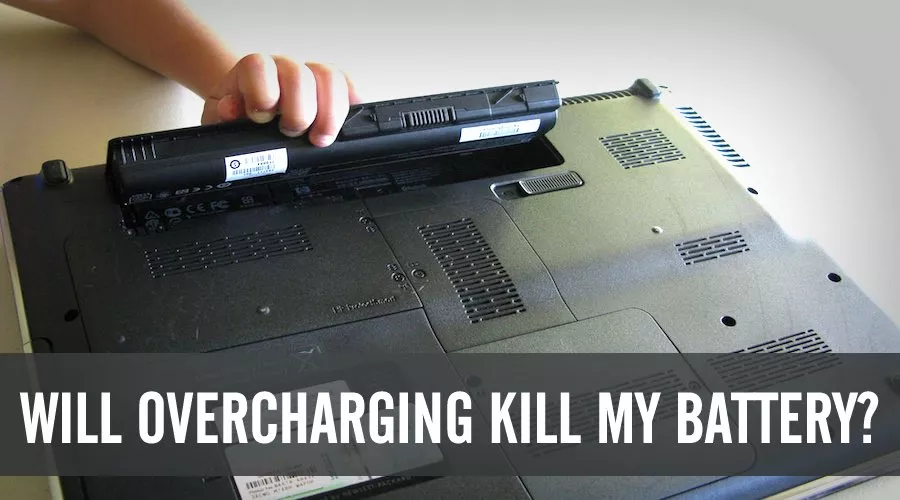Here's The Answer!
hile we talk about new gadgets and software all the time, we often ignore the batteries that provide the juice to power them. Similarly, our laptop batteries are one of the most important parts that often get ignored in the high octane discussions involving RAM and GPUs. Still, some battery-related questions keep on popping up regularly — Should I keep my laptop plugged in all the time? Should I drain my laptop battery completely before charging?
Well, the answer to this question isn’t that simple. Before solving this query, let me tell some facts about your laptop battery that’ll help you understand the answer.
Here are some battery basics!
Most laptop batteries are either lithium-ion or lithium polymer. These batteries are designed to withstand numerous charge cycles. These batteries can not be overcharged, which means that as soon as they are 100% charged, they stop charging. These batteries stop receiving energy which is bypassed directly to your laptop’s power supply. So, keeping it plugged in won’t harm your battery and cause much difference to the overall battery life. But, there are some other critical factors that we’ll be discussing later.
Another concept that one must keep in mind is that there are some good practices that extend the life of your laptop battery. Your battery has a finite number of charge-discharge cycles, so, discharging your battery completely repeatedly is going to harm its life.
Overheating is your battery’s biggest enemy!
You’ll be surprised to know that overheating is the most critical factor when it comes to the prolonged life of a battery. We told you above that keeping your laptop plugged in won’t kill your battery. True. But, you also need to take care of the excessive heating caused by laptop hardware.
So, if your laptop’s CPU/HDD temperature is around 40ºC, keeping the laptopplugged in is fine. But, if your laptop has got a removable battery and you wish to use your laptop intensively, you are advised to remove the battery from the socket.
So, what should I do? What’s the final answer?
Nowadays not all laptops come with removable batteries. So, removing the battery from the socket to cool it down isn’t a viable option. Instead, there’s a simple method that can help you extend your battery’s life in a different manner. According to the tests performed by Battery University, a battery that is charged to 100 percent will have only 300-500 discharge cycles. One the other hand, if it’s charged to 70-80%, it’ll get 1000-2000 recharge cycles.
Based on what I’ve told you in this article, here are some notable points:
Avoid discharging your laptop completely after charging it. The best thing you can do is try to keep the battery level between 40 percent to 80 percent.
Make sure that your laptop doesn’t get too hot and your cooling fan is working properly.
Your laptop battery can’t “overcharge” and harm itself due to excessive charging. It’s smart enough to bypass the charging energy.
Did you find this article helpful? Don’t forget to drop your feedback in the comments section below.

